
Are you a fan of tomatoes, potatoes, peppers, or eggplants? If so, you may be eating nightshade vegetables. These plants are part of the Solanaceae family and are native to various parts of the world, including Europe, Asia, and South America. While nightshades have been staple foods in many diets for centuries, there is some debate over whether or not they are good for your health. So what’s the verdict? Are nightshades Deadly or delicious? Let’s take a closer look.
From French fries to tomato soup, we’ve all enjoyed foods made with nightshade vegetables. These plants are packed with nutrients like vitamins A and C, potassium, and fiber. They also contain compounds like the antioxidant lycopene and capsaicin that have been linked to health benefits like reduced inflammation and cancer prevention. But some people believe that nightshades may also be poisonous because they contain alkaloids like solanine, chaconine, and tropane alkaloids. High levels of these compounds can cause symptoms like nausea, vomiting, and diarrhea. So far, there is no evidence that consuming small amounts of alkaloids from nightshade vegetables is harmful to healthy people. However, more research is needed to determine if there are any risks associated with long-term exposure to these compounds.
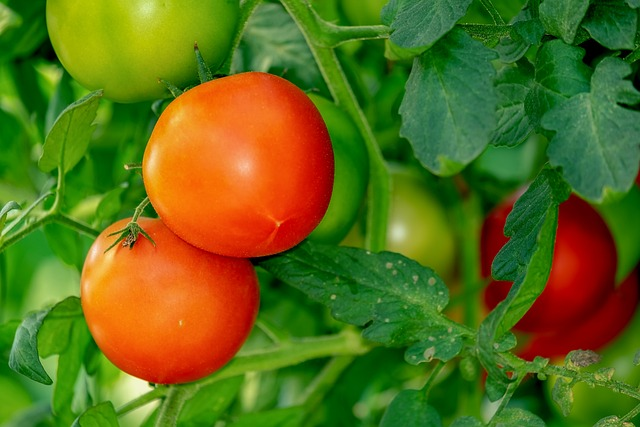
Whether you love them or hate them, there’s no denying that nightshade vegetables have taken over our plates in recent years. And while we still don’t know everything about their potential effects on our health, one thing is for sure: they make dining a lot more fun! So go ahead and enjoy those delicious dishes made with nightshade veggies – just don’t forget to wash them thoroughly first!
The nightshade family of plants has quite the reputation!
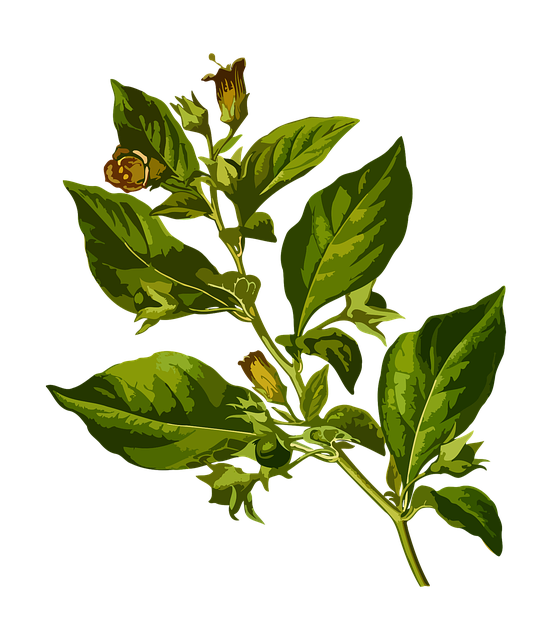
Nightshade vegetables have an intriguing reputation, particularly those found in the nightshade family. Lined with awe and wonder, nightshades have historically been shrouded in mystique and folklore.
While many nightshade vegetables, such as tomatoes and potatoes, are perfectly edible and nutritious, one nightshade plant – deadly nightshade – is actually quite toxic!
Another flower in the Solanaceae family is henbane, black henbane or Hyoscyamus niger. This plant and its seeds are native to Britain and other warmer parts of Europe. This flower is known for its intoxicating properties and can cause death in some medium sized doses. Clearly, something to stay away from!
All nightshades belong to the Solanaceae plant family, a unique group of flowering plants known for their nutritional and medicinal properties. It's not hard to see why nightshades have fascinated us for so long!
Despite rumors, nightshades are not necessarily bad for rheumatoid arthritis
While there is some evidence that eating certain nightshades may exacerbate symptoms, it is not well established. In fact, some nightshades may even be beneficial for people with rheumatoid arthritis due to being some of the best anti-inflammatory foods. It is not necessary to eliminate nightshades from your diet. It is important to speak with a doctor to determine the best dietary approach for managing rheumatoid arthritis symptoms.
There are many benefits to nightshade vegetables!
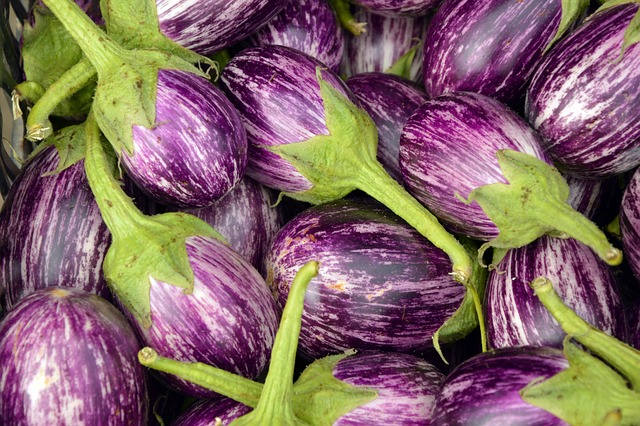
Edible nightshades like potatoes, tomatoes, eggplants, and peppers, are an often-overlooked source of nutrient-rich foods. While these vegetables are sometimes disregarded for their association with toxic plants, recent scientific evidence points to the numerous human health benefits they can offer. For example, nightshade vegetables are packed full of essential vitamins.
Vitamin C
Peppers, including bell peppers and chili peppers, are very high in vitamin C. In fact, they contact some of the highest vitamin C levels of any vegetable.
Fiber
Eggplants are a particularly good source of fiber. It helps promote regularity, lower cholesterol, and can even help you feel fuller longer.
Calcium
Nightshades high in calcium include potatoes, tomatoes, eggplant, and peppers. These vegetables are a great source of calcium and other essential nutrients.
Magnesium
Nightshades high in magnesium include potatoes, tomatoes, eggplants, and bell peppers. We wrote about the health benefits of magnesium here!
Potassium
Potatoes are great source of potassium. They contain some of the highest potassium levels of any vegetable. Potassium in an important mineral in the body, it helps regulate so many anatomical systems!
By consuming edible nightshades regularly, you can obtain a substantial amount of necessary nutrients in your diet without having to sacrifice significantly on taste!
While not all nightshades are edible, there are many edible nightshades!
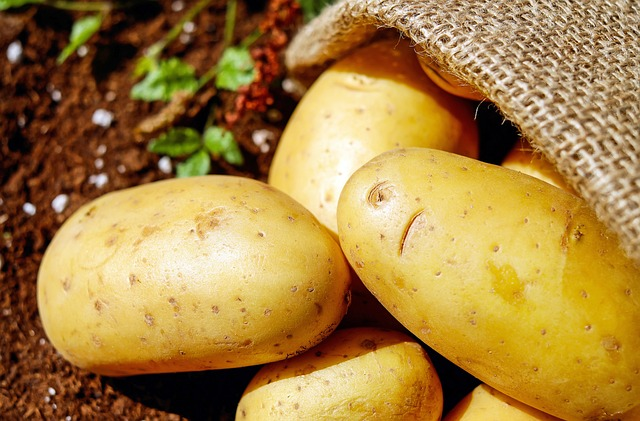
Many nightshade vegetables are often considered poisonous, with some even saying that nightshades should be avoided altogether. However, these assumptions are not true and nightshade vegetables can actually be some of the most nutritious vegetables available to us. People talk about nightshades because nightshade sensitivity does exist, and it can cause severe reactions for those who have it. That being said, even for those with nightshade sensitivity, much of the severity comes from certain alkaloids found in nightshades rather than the vegetables themselves. For everyone else though, nightshade vegetables like potatoes, eggplants and bell peppers can provide serious nutritional benefits that easily outweigh any bad rap they may have gotten since they’re a part of the nightshade family.
Here are some of the best ways to use nightshade vegetables!

If you're looking to incorporate nutritious and delicious nightshade vegetables into your cooking routine, you're in luck! Bell peppers, white potatoes, tomatoes, red peppers, and chili peppers are all familiar friends that can take center stage in your kitchen. There are so many different possibilities when it comes to creating flavorful recipes using these nightshade staples.
Start with bell peppers for a simple way to add color and crunch to any meal - whether it’s roasting them as a side dish or throwing them into your morning omelets! Bell pepper are great additions to any container of hummus. Who needs pita chips when a health nightshade is ready for eating. White potatoes are always welcome additions too - perhaps in the form of French fries or mashed potatoes?
For something more unique, go for oven-roasted tomatoes that make a great appetizer or snack. Fancy some spice? Whip up a batch of red pepper and chili relish for the perfect condiment.
Looking for an easy way to upgrade tomato sauce for pasta night? Make marinara sauce by blending ripe roasted tomatoes with garlic, herbs, and spices. Ratatouille is an excellent combination of tomatoes, eggplant, and basil. Three nightshades in one dish! Get creative with your nightshade vegetables selection and discover endless ways to tantalizingly highlight this nutritious family of produce in different recipes!
Try incorporating them into your diet!
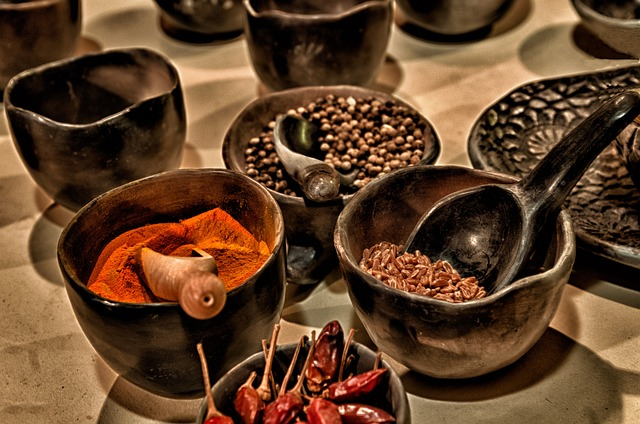
From nightshades like eggplants, tomatoes, and peppers, to nightshade spices like cayenne pepper and white pepper, nightshade foods are incredibly nutritious. Eating nightshade foods can provide numerous benefits, as they are high in vitamins and minerals. Incorporating nightshade fruits and vegetables into our diets can help us maintain a balanced diet while also getting many essential nutrients such as Vitamin A, Vitamin C, magnesium, iron, and calcium. We wrote more about the benefits of magnesium here, and more about plant-based iron here.
Pesto is a great option for adding nightshades into your everyday diet. Packed with basil, garlic, olive oil, and pine nuts, it is a great way to add a ton of flavor in a small super green package. I like to put pesto on pizza, cheese tortellini, as well as bruschetta, turkey sandwiches, and anything else that needs a zesty sing of flavor. Want to find out more about our favorite olive oil? We took a deep dive here.
Who doesn't love a hot pepper relish? Those hot peppers are nightshade vegetables and are perfect for adding vitamin C, and capsaicin to your morning breakfast. Talk about adding a punch to the morning! The Vitamin C in those peppers can contribute to collagen production, find out more in our discussion of vegan collagen alternatives here.
By adding nightshades to meals or snacks in the form of soups or salads — or even making nightshade-packed smoothies — you could reap many of the tremendous health benefits nightshades have to offer. Try eating nightshades to see how you feel!
Just like with every food, not everyone can eat nightshade vegetables!

Nightshades are a family of plants that includes a wide variety of vegetables, spices, and herbs. While the majority of people can eat nightshades without any issues, there are some individuals who should not consume them. This is because nightshades contain alkaloids, which are naturally occurring compounds that can cause inflammation and irritation in some people. For those who are sensitive to nightshades, eating them can lead to joint pain, skin irritation, digestive problems, headaches, and other symptoms.
Additionally, nightshades can also exacerbate existing medical conditions, such as irritable bowel syndrome (IBS) and autoimmune conditions. For this reason, it is important for those who have a sensitivity to avoid nightshades them in their diet.
While a nightshade allergy is not a common food allergy, some people will be allergic to nightshades. Avoid them if you have a reaction to them such as difficulty breathing, hives, or lip, tongue, or throat swelling after consumption.
It is also important to note that nightshades may not be listed on food labels, so it is important to be aware of which foods are nightshades and which are not. Ultimately, not everyone can eat nightshades as they can cause irritation and inflammation in some individuals. Food sensitivities can be such a bummer when trying to grow your taste palate.
Summary - Nightshades are both Delicious and Dangerous!
Were you surprised by any of the health benefits of nightshade vegetables? These underestimated ingredients are actually packed with nutrients that can have positive effects on our health. Now that we’ve dispel some of the myths about these vegetables, hopefully you feel more comfortable incorporating them into your diet. If you need some recipe inspiration, be sure to start your research with the dishes we shared in this post. Again, if you are allergic, please avoid nightshades. Otherwise, there is no reason to avoid nightshades. We’d love to hear from you in the comments – are you planning on adding more nightshades to your diet?
This article may contain affiliate links. Please consult your physician or pharmacist before beginning any new diet or exercise regimen.
Comments
Post a Comment